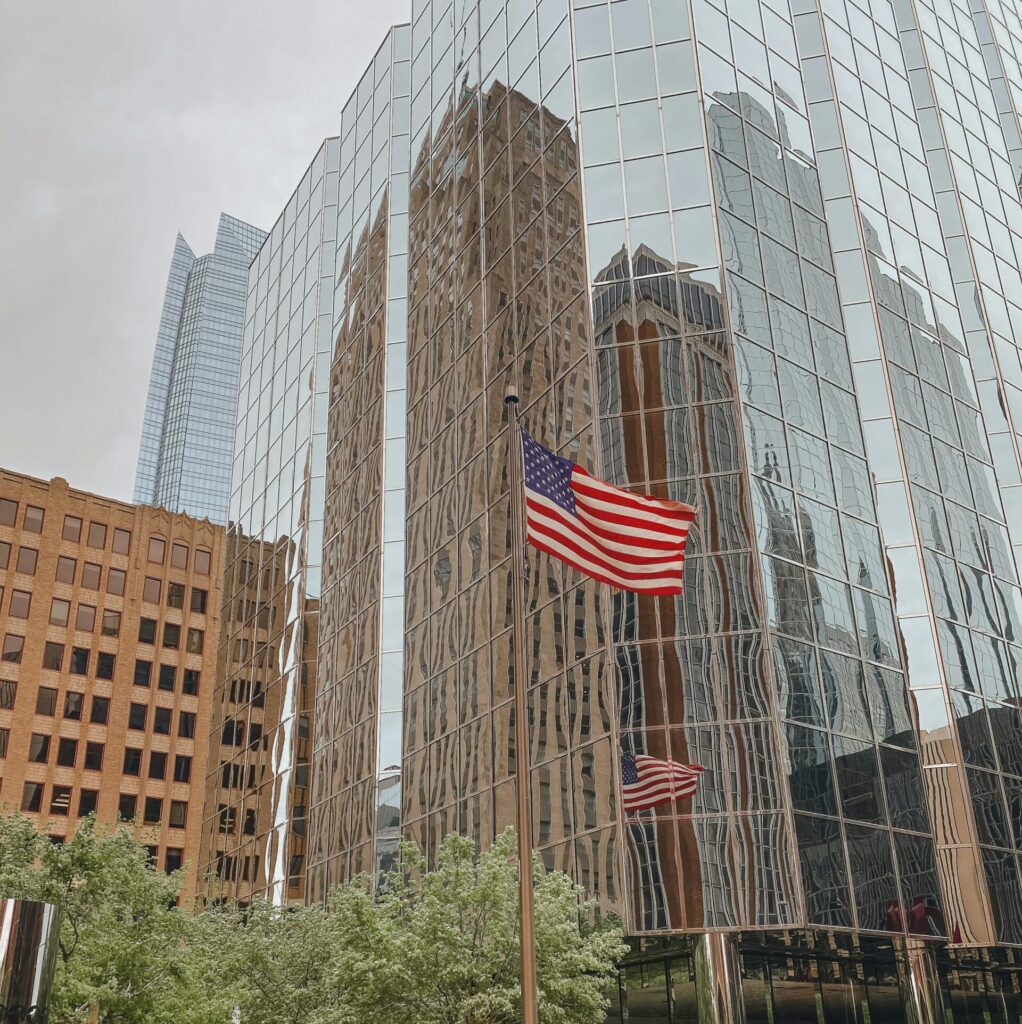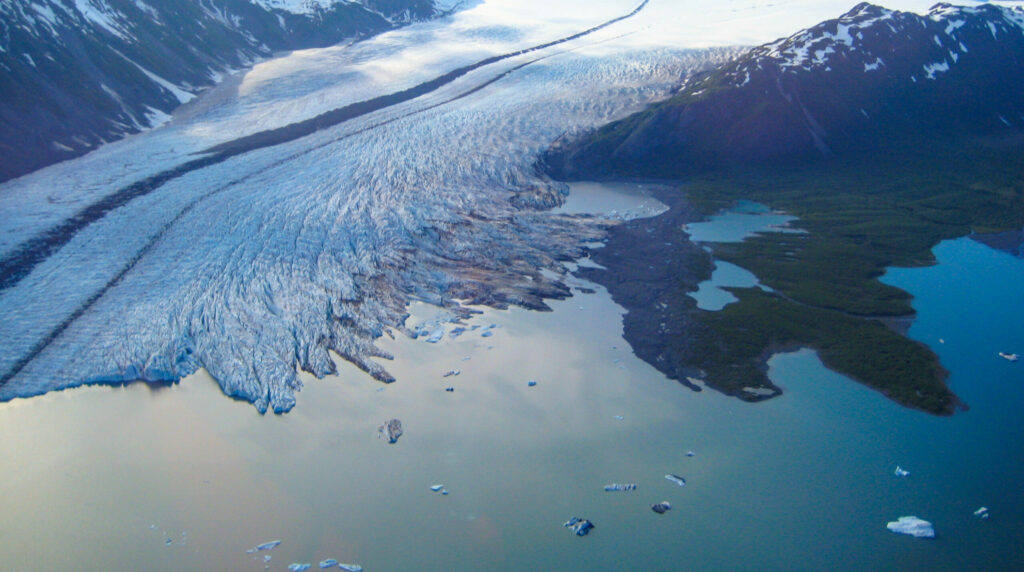It is hot in mid-summer in parts of the northern hemisphere. Which is being treated in certain quarters as proof positive of a man-made global warming crisis. But it might more properly be considered proof positive of a man-made education crisis that by now has filled important institutions including the press with people who are very bad at thinking things through, especially their own assumptions. For instance, if it is currently as hot as it has been on many other occasions, it does not prove that it is hotter than it has ever been. And something that might happen is not something that did happen. Which means a story such as “Germany could see temperatures reach rare 40 degrees amid heatwave” is not a news story. It is propaganda. What a strange result of at least half a century of schools boasting of mass-producing original thinkers who challenge convention from their identical outfits to their tattoos to their progressive mantras.
For that reason before getting to the problems with “rare” and “could” in a climate context, we want to quote veteran Canadian journalist and commentator Peter Stockland, who just wrote:
“An editor I knew years ago used to reprimand young reporters for using the word ‘could’ as a basis for news stories. ‘A bomb “could” fall on Calgary. It hasn’t, there’s no sign it will, and if or when it does, we’ll report the news,’ was his well-honed refrain.”
So items like how a giant tsunami could wipe out much of the United States are not news. Though were it to happen, we concede, it might be hard to report. But a huge amount of what now appears in what used to be newspapers and are now couldpapers contains those wretched “could” and “might” presented as meaning “will.”
On that basis the reporter, and his or her editors, could have waited to see whether Germany actually hit 40C before reporting it. And when we say “could” we mean “should”. Because as we have also lamented, the old journalistic mantra of “check it out” seems to have been replaced by “spew it out”.
In this case, if they had to write something about a heatwave that didn’t involve describing things that had not yet happened and might not happen, they could have done what Tony Heller so often does and gone into the archives to compare current hysteria with cold hard facts. Or in this case hot hard facts, because one of Heller’s latest media-spelunking trophies is an item from The Observer back on July 18, 1852 which to alarmists is “pre-industrial times” but shouldn’t be “pre-online search times”, and which gorily catalogues dreadful heatwaves and droughts in Europe in… what’s this? The Middle Ages? The Renaissance? Oh yeah. And more.
For instance:
“In 1132 the earth opened, and the rivers and springs disappeared in Alsace. The Rhine was dried up. In 1152 the heat was so great that eggs were cooked in the sand. In 1160, at the battle of Bela, a great number of soldiers died from the heat.”
Oh well. Maybe the Medieval Warm Period secretly did exist. But remember that they said rare. So are there other occasions? Yup:
“In 1440 the heat was excessive. In 1538, 1539, 1540, 1541, the rivers were almost entirely dried up. In 1556 there was a great drought all over Europe. In 1615 and 1616, the heat was overwhelming in France, Italy, and the Netherlands. In 1646 there were fifty-eight consecutive days of excessive heat.”
Brutal. And you know what they’d say if such a thing were to occur in 2025. Unprecedented. Proof of a man-made crisis. Could be a record.
Ditto if, for instance:
“In 1718 it did not rain once from the month of April to the month of October. The crops were burnt up; the rivers were dried up, and the theatres were closed by decree of the Lieutenant of Police. The thermometer marked 36 degrees Rhéamur…”
Now perhaps it is too much to expect a hapless modern reporter to look up that scale, which bizarrely turns out to be one in which the freezing point of water is zero and the boiling point is… um… 80. (Because the mix of water and alcohol in his pre-industrial thermometer had expanded by 8 percent, if that strikes you as an explanation.) Fortunately they wouldn’t have had to because the article immediately explained that 36°Ré (or °Re or °r) is 113F. And again thanks to Google it’s easy to discover that 113F is 45C. In 1718.
And on it goes and on we go, with “In 1818 the theatres remained closed for nearly a month, owing to the heat. The maximum heat was 35 degrees” but no “Gotcha” for alarmists because again, bizarrely, it’s °Ré and the equivalent is 110F or 43C.
Of course a really skeptical journalist, and we are such, would be curious to know who recorded these events or measurements and how reliable they are. And where, to which a clue is that the Observer is itself quoting “a Paris paper” so presumably it was Paris theatres in 1818 and so forth.
Instead we’re told that droughts will be going to have killed us by reporters who don’t waste a second on whether advocates’ claims that “Some of the most severe droughts causing the greatest economic damage since records began have occurred since 2023, according to a UN report published on Wednesday” are in any way credible given what we know about past droughts and the obvious fact that a wealthier society will suffer more economic damage from anything from hurricanes to mice than a poorer one.



The complete disappearance of journalistic investigation is so pervasive that nothing that is published or screened can be believed. It's so frustrating to hear people in the media intone as if they understood anything about the subject or had bothered to check out the facts.
It's pretty clear now that every flood,forest fire,drought,hurricane,etc in North America is going to be blamed on climate change and/or Donald Trump!
One must choose his information sources VERY carefully...CDN for example is one that I choose!
This is because all the newspapers and TV channels are now owned and controlled by businessmen who have their own agendas and the news is what they want it to be.